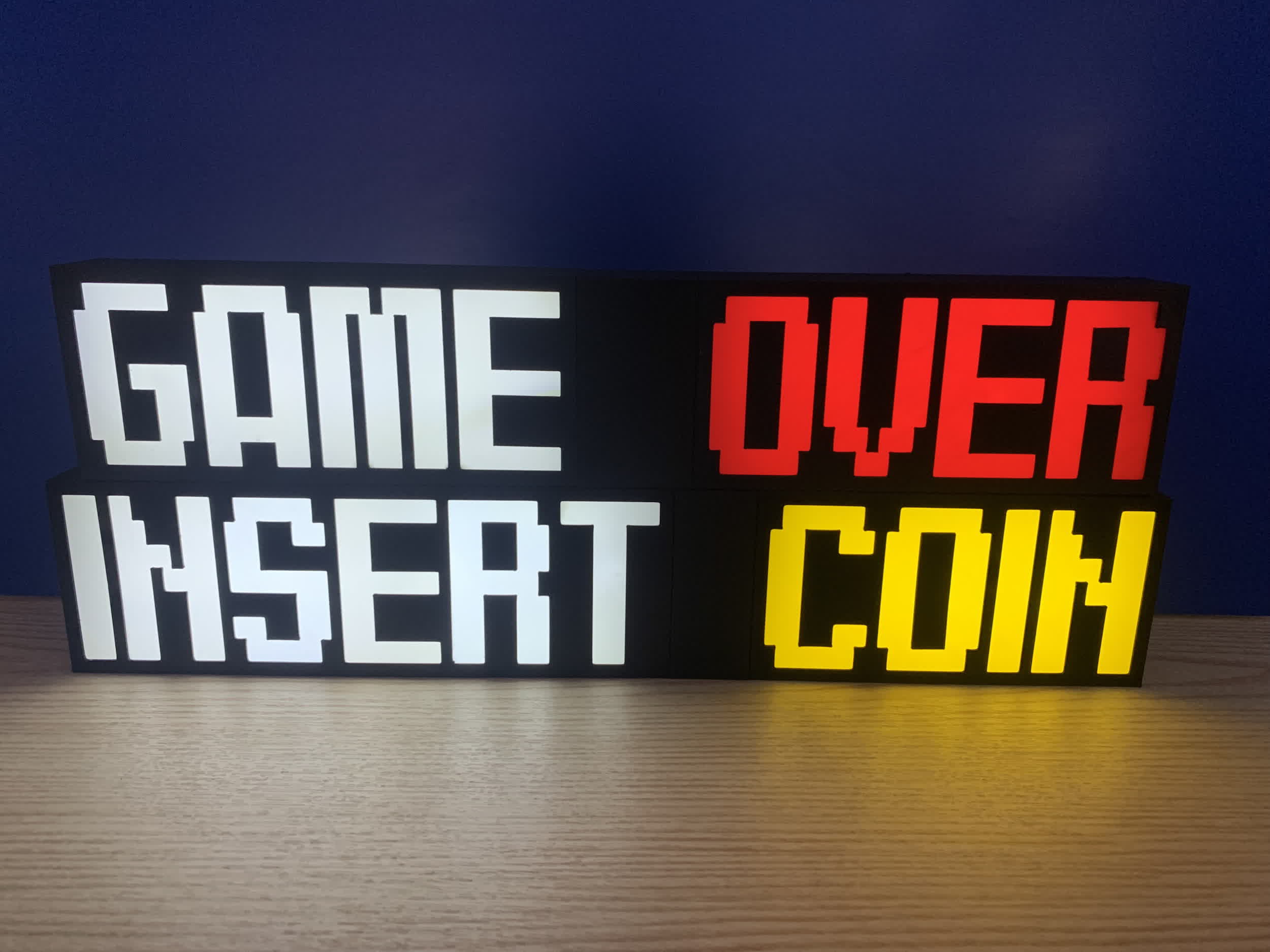WTF?! Unity is a cross-platform game engine launched in 2005 with the goal of "democratizing" game development, seeking to make it accessible to a broader range of developers. Nearly 20 years later, some of these developers are expressing their frustration and disappointment over Unity's newly revealed business model.

Unity recently unveiled a new "Unity Runtime Fee" that is set to take effect on January 1, 2024. Under this new model, game developers and studios will be required to pay a flat rate of $0.20 for each new "install" of their game. This royalty system will come into play once a game surpasses a certain revenue threshold.
The announcement has garnered substantial criticism, with very few developers viewing Unity's approach as a viable or sustainable business opportunity. Unity clarified that each time a game developed with the Unity Editor is downloaded, it results in the installation of a "Unity Runtime." Unity suggests that the initial install-based fee will enable game creators to retain ongoing financial benefits from player engagement.
The company has revised its FAQs to align with the modifications in its pricing structure. The Unity Runtime Fee will be imposed on games that have generated $200,000 or more in revenue over the past 12 months and have accumulated at least 200,000 lifetime installations. While subscription plans have been altered to provide "extra value" for developers, they have not been discontinued.
Consequently, the Unity Runtime Fee will be applicable to games created using both the Unity Personal and Unity Plus plans. It's worth noting that Unity Pro and Unity Enterprise plans have distinct, higher thresholds.

Unity's initial blog post had a significant impact on the game developer community, primarily because the company's explanation of how "game installs" are determined was quite unclear. As a result, Unity was compelled to provide further clarification on this matter, which only exacerbated the situation. The company has now stated that it will utilize its own "proprietary data model" to accurately calculate the distribution of Unity Runtime for a particular project.
Unity confirmed that when customers reinstall a game, redownload it, or change their hardware, the aforementioned proprietary data model will count these actions as additional game installations. Moreover, the new per-install fee will also apply to demos if developers choose to offer a way to "upgrade" the demo to a full game installation. Unity claims that it will have the capability to identify pirated game copies and avoid charging an additional fee because they already employ "fraud detection practices."
Unity later attempted to clarify that the new royalty model would only impact a small subset of current Unity Editor users. It appears that charity games and bundles are exempt from the Runtime Fee. Nevertheless, game developers have been extremely outspoken, expressing strong opposition to Unity's new business plan.
The prevailing consensus is that the new plan is "utterly horrible" or "horrendous." Many developers view it as imposing an unsustainable additional cost burden, and they anticipate that many will switch to a different engine like Unreal as soon as possible. One developer remarked that the Unity Runtime Fee appears to have been devised by financial experts, and they implored Unity to reverse this decision immediately, asserting that "every dev I know is likely jumping ship tomorrow."
https://www.techspot.com/news/100137-unity-introduces-new-fee-game-installs-developers-irate.html